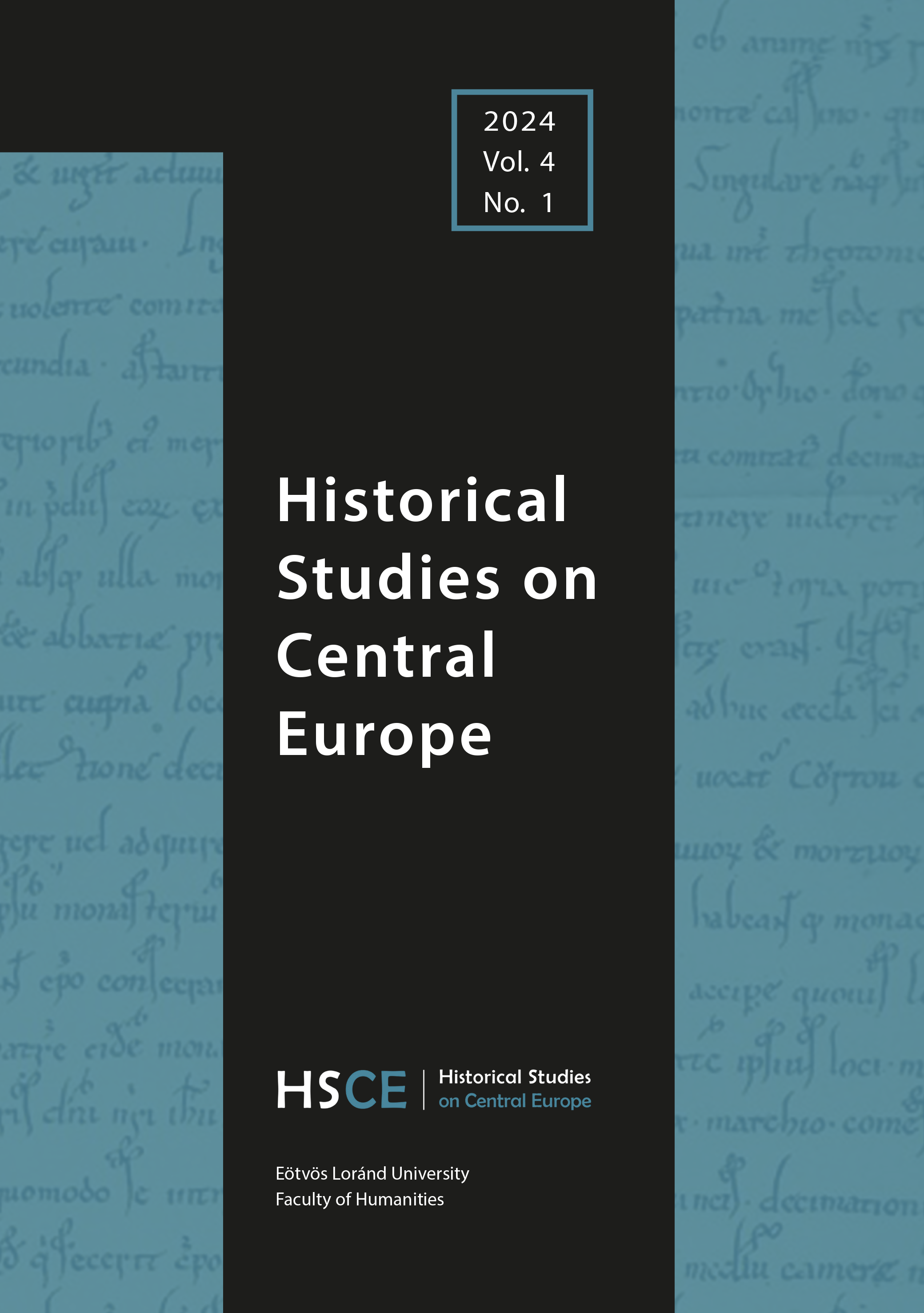Published 24-07-2024
Keywords
- Hungarian epic song,
- Hungarian Conquest period,
- joculator/ioculator,
- cobza/koboz/kopuz
How to Cite
Copyright (c) 2024 Balázs Sudár

This work is licensed under a Creative Commons Attribution-NonCommercial 4.0 International License.
Abstract
While there is no direct evidence of epic singers in the Hungarian Conquest period, their presence and activity can nevertheless be posited on the strength of indirect evidence. Epic songs in Hungarian are known from the later fifteenth century, while the chronicles mention certain epic songs from the late twelfth century. Some of these epic songs celebrated the Conquest period and its events, and it seems unlikely that these songs were inspired by written sources and were, in this sense, secondary. The Hungarian expression énekmondás [song-speaking] is expressly archaic and has its parallels in Turkic languages. Cobza, the name of the musical instrument used by epic singers as accompaniment (Hung. koboz) is likewise rooted in the Turkic world and is a legacy of the pre-Conquest period, similarly to the designation of the performers as fiddlers.

